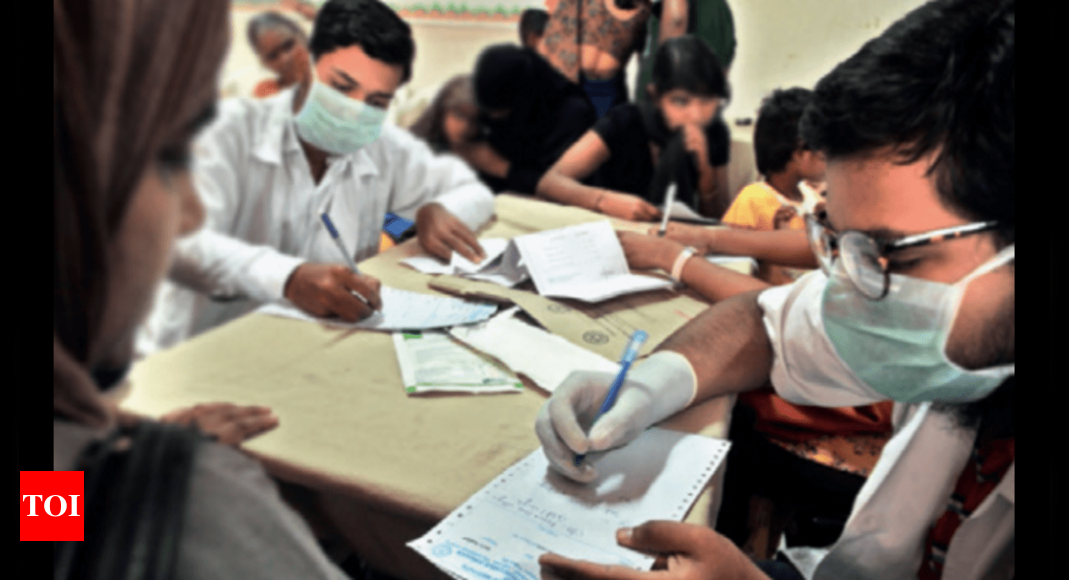Infection
Docs suggest caution as B’luru sees spike in viral infections | Bengaluru News
BENGALURU: The rain may be stuttering, but infections seem to be increasing thick and fast in Bengaluru. Not only people with pre-existing health problems, but even those who used to be hale and hearty are falling sick often these days.
Viral infections tend to be on the rise till January or February, but they usually peak in September and October, say doctors.
Dr Ravindra Mehta, chief of pulmonology at Apollo Hospitals, attributes the spike in infections to flu and H1N1 viruses.
Rise in asthma cases
At Manipal Hospitals, there has been a rise in outpatient footfall in the last two months. Dr Satyanarayana Mysore, chairman and head, pulmonology and sleep medicine, Manipal Hospitals, says, “On the one hand, there is an increase in asthma, allergic rhinitis, and atopic dermatitis exacerbations. Viral infections are also on the rise. Around 40% of patients with respiratory illnesses in city hospitals have been isolated with RSV (Respiratory Syncytial Virus). It is a simple virus in terms of mortality, but it makes asthma control difficult.”
“We are seeing a 20% increase in H1N1. There is also a surge in dengue; patients arrive with fever and respiratory tract symptoms but eventually turn out to be dengue-positive,” he said.
Dr Mehta finds the rise in infections worrisome.
“In the last month or so, we’ve seen a lot of upper and lower respiratory illnesses. Patients arrive with typical symptoms like fever and cough. The cough persists for 2-3 weeks. That is the main symptom in people who are healthy. Their X-ray reports will be normal and they may not have much inflammation also. We call it a typical post-viral cough. With symptomatic therapy and basic supportive therapy, they get better,” says Mehta.
In those with pre-existing lung problems, the symptoms manifest differently. Their oxygen level starts falling and they may need hospitalisation, he says.

